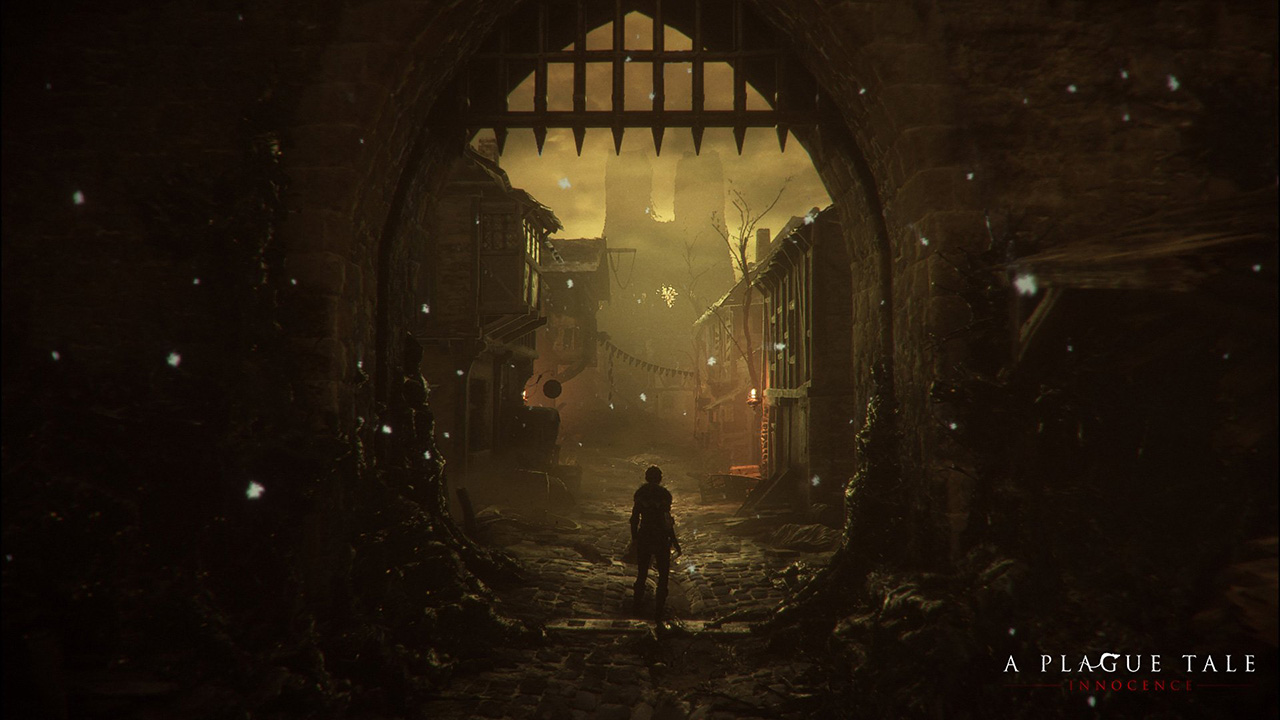| Key | Result |
|---|---|
v |
select |
y |
copy (yank) |
c |
change |
d |
delete |
| // Types for the result object with discriminated union | |
| type Success<T> = { | |
| data: T; | |
| error: null; | |
| }; | |
| type Failure<E> = { | |
| data: null; | |
| error: E; | |
| }; |
| You are an assistant that engages in extremely thorough, self-questioning reasoning. Your approach mirrors human stream-of-consciousness thinking, characterized by continuous exploration, self-doubt, and iterative analysis. | |
| ## Core Principles | |
| 1. EXPLORATION OVER CONCLUSION | |
| - Never rush to conclusions | |
| - Keep exploring until a solution emerges naturally from the evidence | |
| - If uncertain, continue reasoning indefinitely | |
| - Question every assumption and inference |
| /** | |
| * ------------------------------------------------------------------------------ | |
| * IMPORTANT UPDATE: | |
| * This is *not* a complete implementation and I do not suggest using it!. This | |
| * was primarily an experiment to determine whether or not a decent blocking | |
| * hook could be implemented in userland, and the answer we came up with is NO. | |
| * | |
| * Luckily we added `usePrompt` (behind an `unstable_` flag) back to React Router | |
| * a few versions ago! It's not documented [and I'm no longer on the team, so I | |
| * probably won't try to do anything about that], but you can see it in source. |
| import * as bcrypt from "bcrypt"; | |
| import { createCookieSessionStorage, redirect } from "remix"; | |
| import { db } from "./db.server"; | |
| export type LoginForm = { | |
| username: string; | |
| password: string; | |
| }; |
| MIT License | |
| Copyright (c) 2021 Daniel Ethridge | |
| Permission is hereby granted, free of charge, to any person obtaining a copy | |
| of this software and associated documentation files (the "Software"), to deal | |
| in the Software without restriction, including without limitation the rights | |
| to use, copy, modify, merge, publish, distribute, sublicense, and/or sell | |
| copies of the Software, and to permit persons to whom the Software is | |
| furnished to do so, subject to the following conditions: |
Firstly, Create React App is good. But it's a very rigid CLI, primarily designed for projects that require very little to no configuration. This makes it great for beginners and simple projects but unfortunately, this means that it's pretty non-extensible. Despite the involvement from big names and a ton of great devs, it has left me wanting a much better developer experience with a lot more polish when it comes to hot reloading, babel configuration, webpack configuration, etc. It's definitely simple and good, but not amazing.
Now, compare that experience to Next.js which for starters has a much larger team behind it provided by a world-class company (Vercel) who are all financially dedicated to making it the best DX you could imagine to build any React application. Next.js is the 💣-diggity. It has amazing docs, great support, can grow with your requirements into SSR or static site generation, etc.
| #!/bin/bash | |
| echo pinging google.com, will exit on success | |
| echo ctrl+c to force exit | |
| echo will beep on exit | |
| echo | |
| ping_cancelled=false # Keep track of whether the loop was cancelled, or succeeded | |
| until ping -c1 google.com >/dev/null 2>&1; do sleep 60; done & # The "&" backgrounds it | |
| trap "kill $!; ping_cancelled=true" SIGINT |
A couple of weeks ago I played (and finished) A Plague Tale, a game by Asobo Studio. I was really captivated by the game, not only by the beautiful graphics but also by the story and the locations in the game. I decided to investigate a bit about the game tech and I was surprised to see it was developed with a custom engine by a relatively small studio. I know there are some companies using custom engines but it's very difficult to find a detailed market study with that kind of information curated and updated. So this article.
Nowadays lots of companies choose engines like Unreal or Unity for their games (or that's what lot of people think) because d
